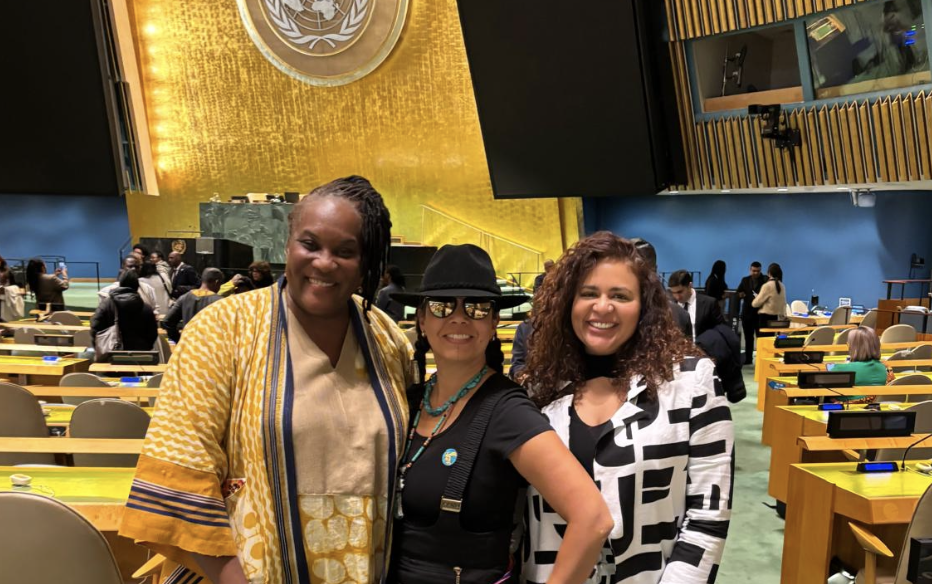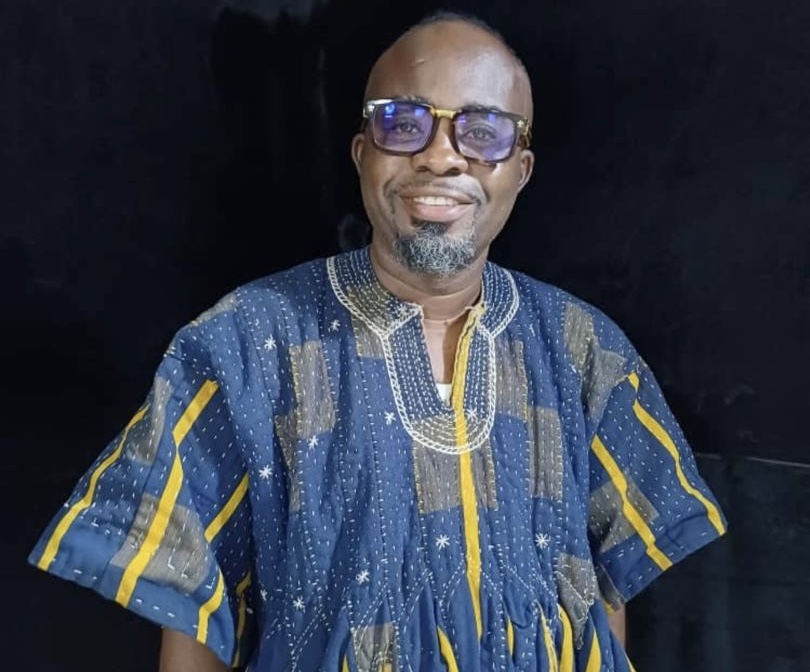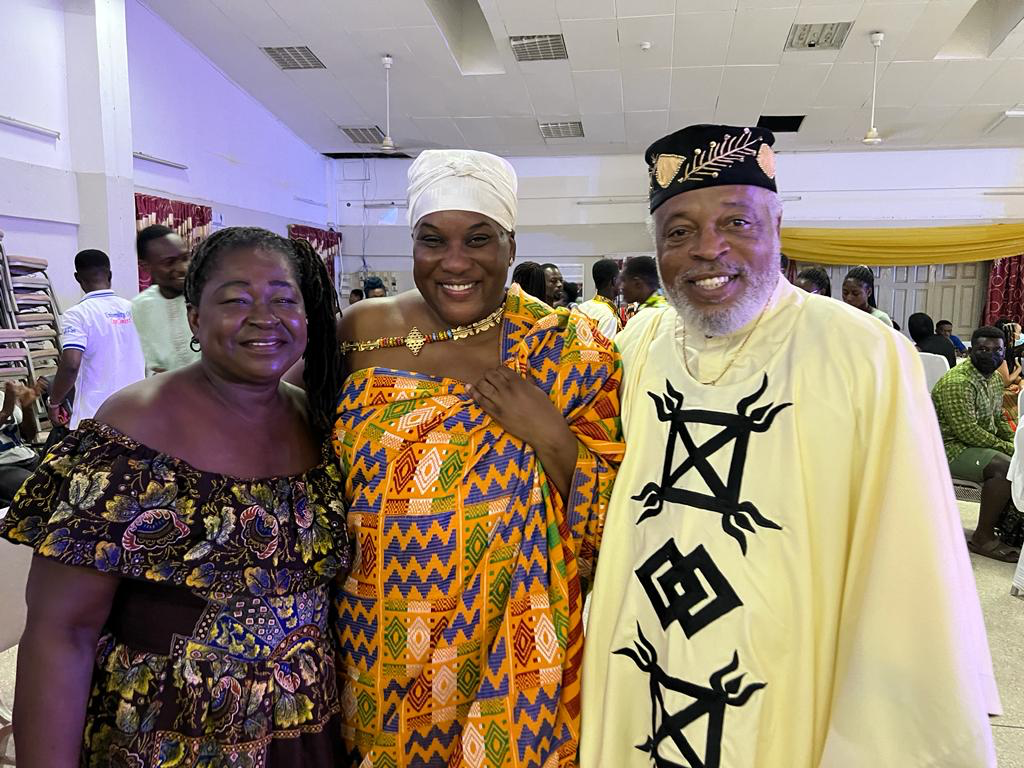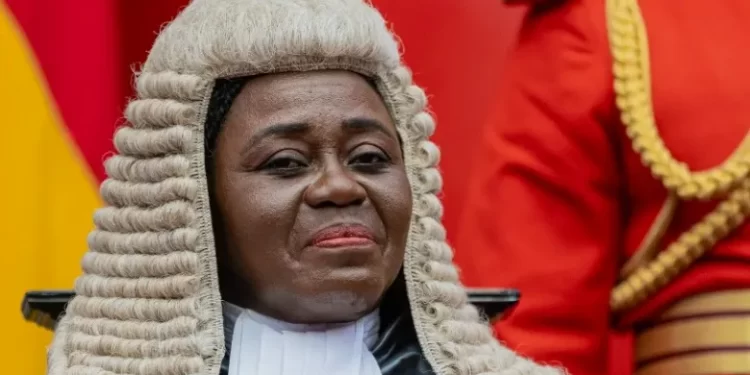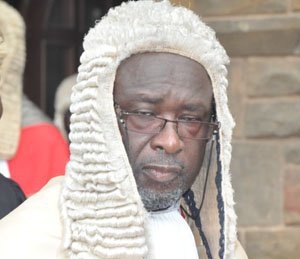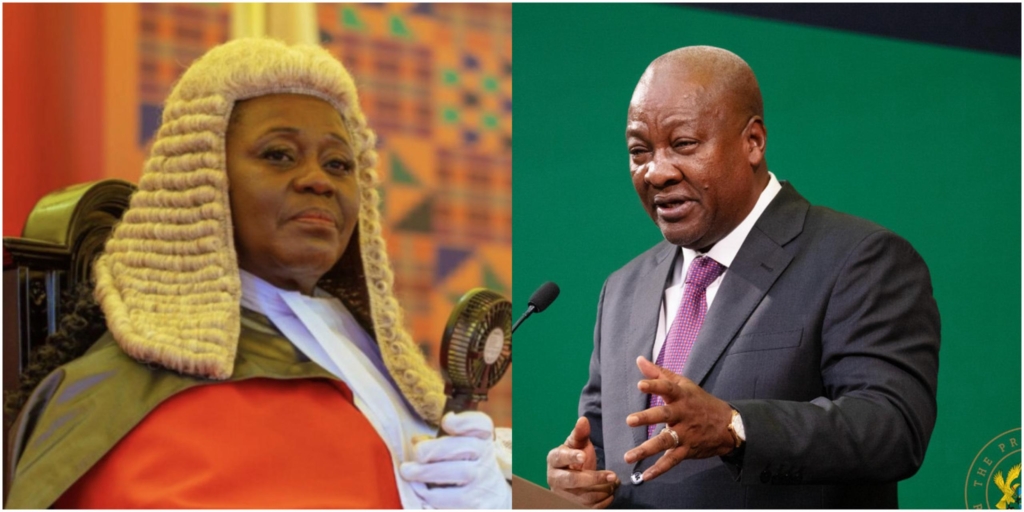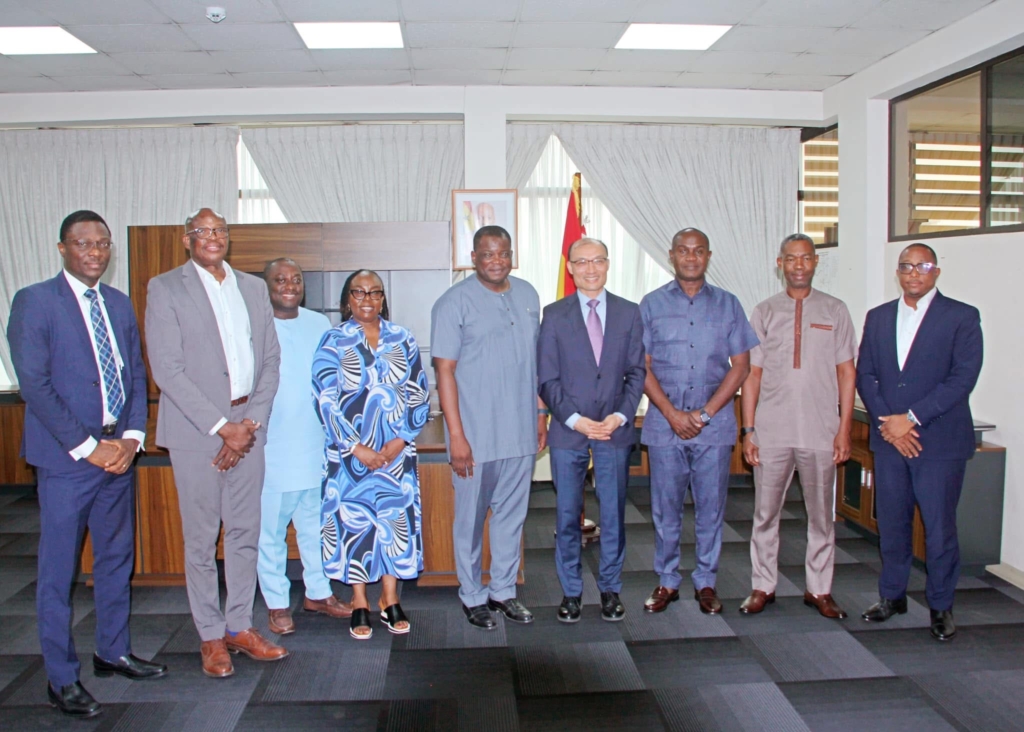Nana Akosua Serwaa Seoyo I of Ejisu-Abenase in the Ashanti Region has called for the development of a comprehensive policy across the African continent to facilitate the smooth return and integration of the African diaspora.
According to the queen mother, born Shannan Akosua Magee, such a policy is essential to ensure that people of African descent returning to the continent feel genuinely welcomed and can settle seamlessly into society.
“This is crucial for healing, rebuilding connections, and fostering a true sense of belonging,” she said.
Her call aligns with the powerful message delivered by Malcolm X during the African Summit Conference in 1964, where he urged African nations to protect their sovereignty and support the global African diaspora in their quest for justice and reintegration.
As the world prepares to mark the 100th anniversary of Malcolm X’s birth in 2025, his legacy continues to inspire unity, empowerment, and self-determination among people of African descent.
Nana Akosua Serwaa Seoyo I was speaking at the Fourth Session of the United Nations Permanent Forum on People of African Descent, held at the UN General Assembly in New York, where she represented both Ghanaian traditional leadership and the global diaspora community.
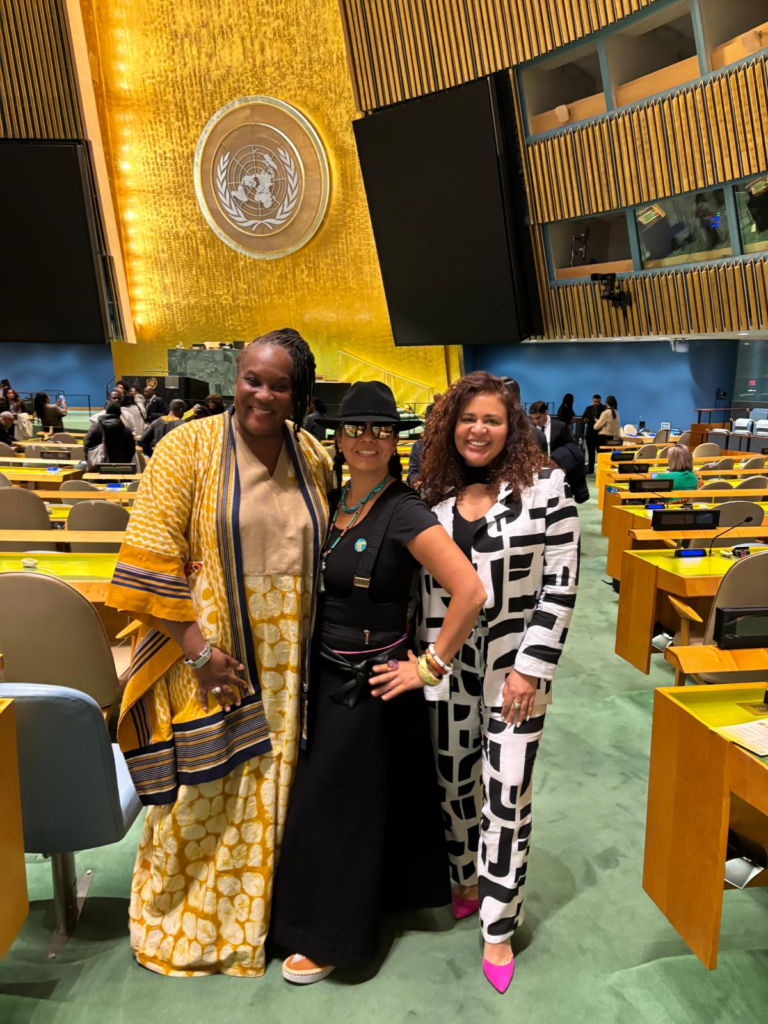
Speaking on the importance of the “Year of Return” initiative and its role in reconnecting Africa with its diaspora, she noted that while symbolic gestures are meaningful, practical policy measures must follow to support the unique experiences of descendants of the transatlantic slave trade.
“The right to return should be addressed, prioritised, and enshrined in our constitutions. It should remain a central part of our conversations and collective agenda,” she stressed.
Her comments echoed the key goals of the International Decade for People of African Descent (2015–2024), a UN initiative focused on recognition, justice, and development for people of African heritage around the world.
“My call to action serves as a reminder that the momentum we have built must not fade. African countries must work hand-in-hand with diaspora communities to create inclusive policies that honour our shared history and drive sustainable development,” she further stated.
DISCLAIMER: The Views, Comments, Opinions, Contributions and Statements made by Readers and Contributors on this platform do not necessarily represent the views or policy of Multimedia Group Limited.


